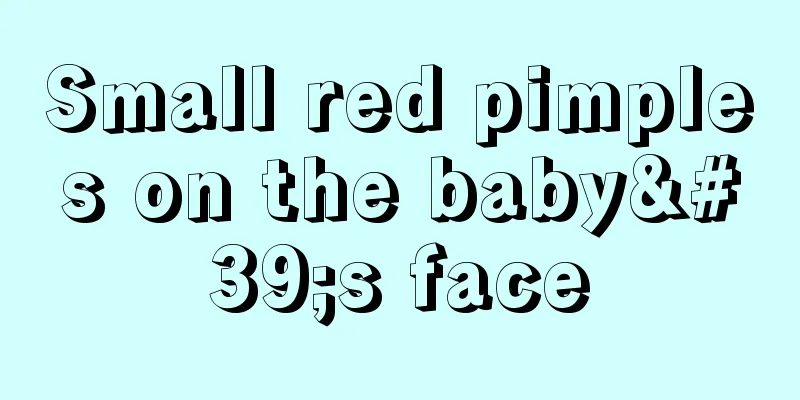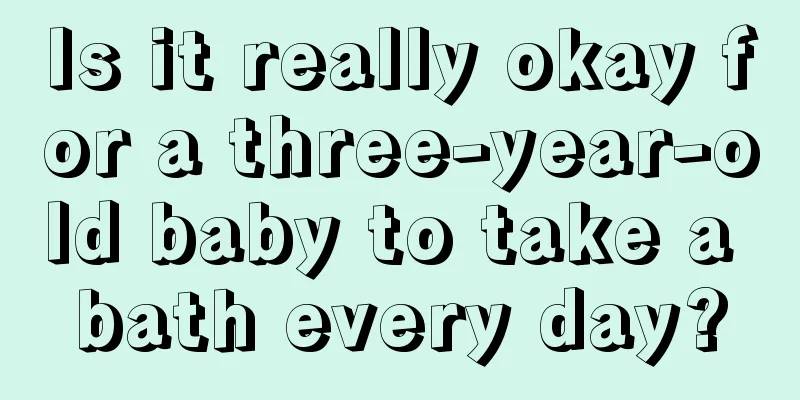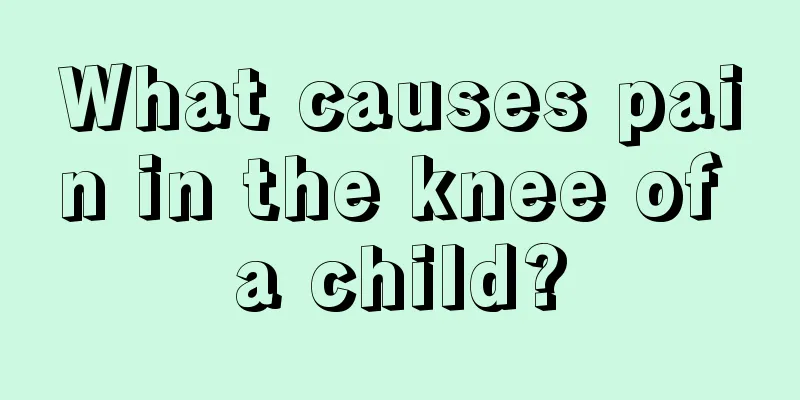What should I do if my child has allergic conjunctivitis?

|
Children are very prone to allergic symptoms. There are many manifestations of allergic symptoms. For example, some allergies can cause conjunctivitis. When this problem occurs, parents should supervise their children to protect their eyes, develop good eye habits, and give their children appropriate medications. 1. Many children like to rub their eyes with their hands or wipe their eyes with their sleeves. This is a very unhygienic habit. Many children do not pay attention to eye hygiene and come into contact with some allergic items, which leads to allergic conjunctivitis and red, swollen and itchy eyes. If they rub their eyes with dirty hands due to the itching, this will aggravate the symptoms of conjunctivitis. 2. Allergic conjunctivitis is mostly caused by contact with some allergens. Flowers, pollen, dust, mold and animals are common causes of eye allergies, which can cause discomfort such as red eyes, itchy eyes, swelling, etc. If children do not pay attention to hygiene, come into contact with these items, and then rub their eyes with their hands, they can easily develop the disease. 3. The best way to treat children's allergic chronic conjunctivitis is to avoid allergenic substances and environments. Therefore, parents should try to keep their children away from allergens, so as to effectively cure allergic eye diseases. In addition, parents should prevent their children from rubbing their eyes due to eye discomfort. To prevent worsening of symptoms. 4. Generally, if a child suffers from allergic conjunctivitis, you can apply cold compresses and use eye drops to reduce swelling and eye inflammation, and relieve itching. Your child may use anti-inflammatory eye drops. For example, cortisone eye drops can be used in combination with antibiotic eye drops such as chloramphenicol, as well as anti-allergic eye drops such as sodium cromoglycate and Anlisong. Note that cortisone should not be used for too long. 5. Parents must take good care of their children if they have allergic conjunctivitis. Generally, conjunctivitis will cause increased eye secretions, so when parents find sticky pus in the eyes, they must wipe it clean with cotton in time. Pay attention to home hygiene, clean the room regularly to reduce dust. Also, try to let children go out during the outbreak to reduce contact with outdoor allergens. |
<<: What to do if a girl wets the bed? Do more of these exercises
>>: Is it good or bad for children to speak late? Parenting experts reveal the answer
Recommend
What are the symptoms of acute pharyngitis in children?
Pharyngitis is a respiratory infection disease th...
Symptoms of autism in 3-year-olds
The symptoms of autism in 3-year-old babies are n...
Can children drink bone soup to supplement calcium?
We all know that bone soup can supplement calcium...
The main symptoms of precocious puberty in children in recent years
In recent years, the number of patients with prec...
Is it good for children to drink soy milk in the morning? You need to know these 7 taboos of drinking soy milk
In life, many people like to prepare a cup of soy...
Why does a child's tongue coating turn black?
The health of children is what every parent cares...
How to solve the problem that baby doesn't like to eat vegetables
The problem of babies not liking to eat vegetable...
What are the symptoms of small intestinal hernia in babies
Intestinal hernia in infants is relatively common...
What medicine should children take for cold and headache
It is quite common for children to catch a cold a...
What to do if children have a morning cough
In autumn, people are always prone to lung heat, ...
Treatment of viral enteritis in babies
The baby's intestines are relatively fragile ...
What is the best thing for a child to eat after vomiting?
The physical health of children is one of the thi...
Baby's back red spots
The health of children is what parents are most c...
What causes lymph nodes on the head of children?
In early spring, due to climate change, children ...
How to solve the problem of high fever in three-year-old baby
Both adults and children can have a fever. Fever ...









